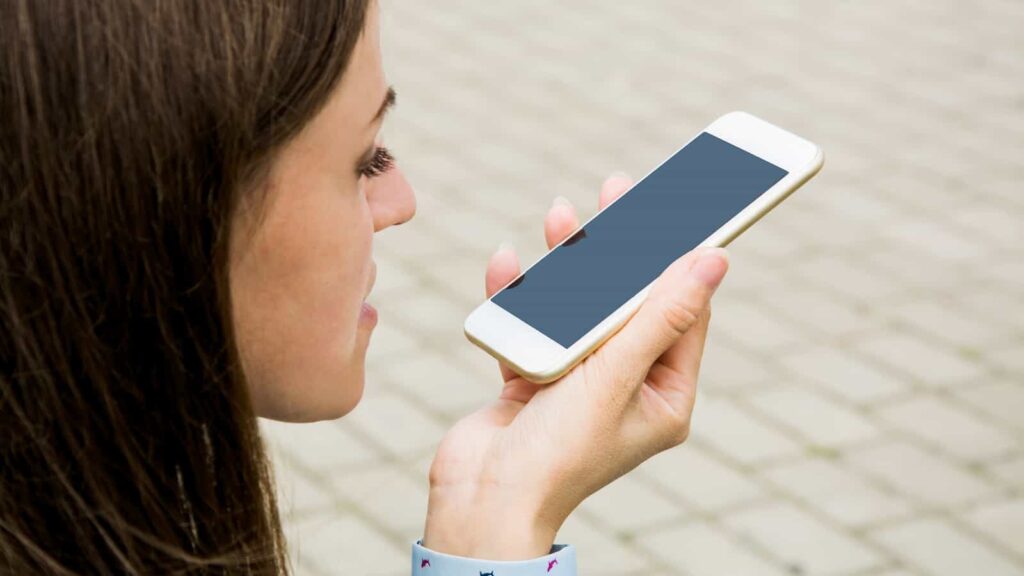12 Things Canadians Apologise For But They Shouldn’t
12 Things Canadians Apologise For But They Shouldn’t

Canadians are famous for their politeness, often going the extra mile to be courteous. However, there are times when saying ‘sorry’ might be more than necessary. Here’s a look at 12 common scenarios where Canadians find themselves apologizing, even though they really shouldn’t have to.
1. Saying sorry when someone bumps into them

You know the feeling: you’re walking down the street, minding your own business, and someone accidentally bumps into you. Instinctively, you say, “Sorry!” But why apologize? It’s not your fault.
This habit can undermine your confidence and suggest you’re always at fault when, in reality, accidents just happen. Instead, a simple “Oh!” or “No problem” can acknowledge the mishap without placing unnecessary blame on yourself.
2. Apologizing for bad weather

Let’s face it: no one controls the weather. Yet, in Canada, it’s not uncommon to hear someone say, “Sorry about the rain,” as if they conjured the storm themselves.
While it’s nice to sympathize with others who might not be enjoying the weather, apologizing for it suggests a responsibility that simply isn’t there. A better approach might be sharing commiseration like, “This rain is something, huh?”
3. Saying sorry when food takes too long at a restaurant

When dining out, it’s the kitchen’s responsibility to ensure that food is served in a timely manner. If your meal is late, it’s not on you. While it’s considerate to acknowledge the wait, apologizing as if you’re responsible is unnecessary. Instead, a comment like, “Hope our meal comes out soon!” keeps it light and blame-free.
4. Saying sorry for asking a question

Curiosity is how we learn. Asking questions should be encouraged, not apologized for. Whether you’re in a meeting or talking to a friend, seeking clarity is important and shows engagement. Next time, instead of saying, “Sorry, but I have a question,” try, “I’d like to ask about…”
5. Apologizing for small favors

Helping someone out is a kind gesture, not an inconvenience you should apologize for. If you do someone a favor, own it with confidence. Replace “Sorry to ask, but could you…” with “Could you please help me with…”
6. Saying sorry in emails

Emails often start with or contain unnecessary apologies, like “Sorry to bother you…” It’s important to communicate assertively and respectfully without diminishing your needs or request. Start your emails with “I hope you’re well” or go straight to the point.
7. Apologizing when they don’t understand something

Not understanding something isn’t a failure—it’s an opportunity to learn. Instead of apologizing, try saying, “Could you explain that one more time?” This shows your interest and commitment to understanding the topic fully.
8. Saying sorry for being late, even if it’s a minute

While punctuality is important, apologizing for being slightly late can sometimes be excessive. If you’re just one or two minutes behind, it’s often unnoticed. A simple acknowledgment is enough: “Thank you for waiting.”
9. Apologizing when someone else is wrong

It’s common to try and diffuse tension by taking some blame, but apologizing for someone else’s error can create confusion about responsibilities. It’s better to address the mistake directly and constructively.
10. Saying sorry when they interrupt

Interrupting isn’t ideal, but if you must, acknowledge it without diminishing your input: “I’d like to add…” This phrase keeps the conversation flowing without the negative connotation of an apology.
11. Apologizing for taking the last item on a shelf

If you’ve grabbed the last product at the store, remember, you have as much right to it as anyone else. There’s no need to apologize for making a fair purchase. Enjoy your good fortune guilt-free.
12. Saying sorry to telemarketers

Ending a call with a telemarketer doesn’t require an apology. It’s okay to assert your disinterest or to end the conversation politely without saying sorry. A firm “No, thank you” is perfectly acceptable.
Remember, saying sorry has its place, but it’s also important to stand confidently in situations where you’re not at fault. Reducing unnecessary apologies can lead to more assertive and positive interactions.
We are Mary and Eric, the founders of Be Right Back, a blog dedicated to romance around the globe and at home.
We are Mary and Eric, the founders of Be Right Back, a blog dedicated to romance around the globe and at home. With over 10 years of experience in dating and traveling to romantic places, we share our favorite date ideas and romantic destinations to help couples level up their relationships. Having lived in and traveled through the USA, we also share our favourite things to do in the States.
With 70,000 monthly readers and 16,000 followers on social media, Be Right Back is your go-to resource for romantic trip ideas and couple activities at home and abroad.
